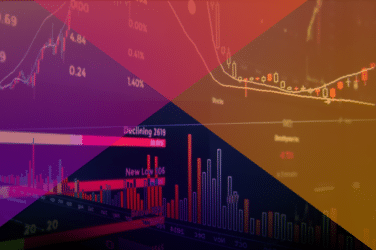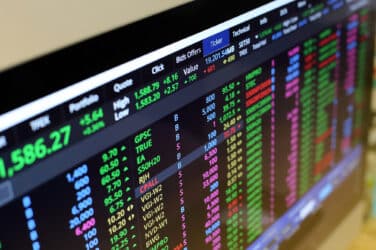With the advent of the Dodd-Frank Act and the development of all-to-all trading platforms, dealers are finding it more challenging to source corporate bond liquidity since they cannot use their spreadsheets as they once did.
However, some of the largest dealers on The Street are finding that hindsight is not only 20/20 but also a predictor of future liquidity, especially in the corporate bond market, according to Bill Gartland, vice president, fixed income data and analytics at business-process outsourcer Broadridge Financial Solutions.
“Data is becoming the new gasoline for the bond market as large dealers build out pricing engines that can auto-quote small, routine corporate bond trades,” he told Markets Media. “The genie is out of the bottle in this space.”
By knowing how and what their clients have traded, dealers can gain insight into which bonds they might be willing to trade as well as their propensity to trade.
Broadridge has begun developing a similar service that it plans to offer to its dealer clientele.
“What we can do is map out what are the historical trading patterns of their clients, present that information back to them, and give them an insight into who is likely to be a buyer or a seller of a portion of the trade as it comes through the desk,” explained Gartland. “This gives them some way of prioritizing the calls they make to each one of their customer contracts.”
He expects that the service ultimately will deliver data in the same format that Broadridge uses to fuel its analytics platform.
“Clients can have direct input to whatever quantitative models that they have,” Gartland added.
The new insight into potential liquidity will make trading more productive for the dealers, but it will not replace the salesperson or the trader, he added.
Broadridge officials plan to target the new offering to the sell side since it is the dealer community that has felt the disintermediation caused by many new electronic trading platforms.
Clients can trade amongst themselves using pricing often provided by dealers on the new electronic platforms, but the revenue generated by the trade goes to the platform provider, and the dealers are kept out of the transaction, noted Gartland.
“The clients have a better view of where the markets are so they can get those trades done without involving a dealer,” he added.





